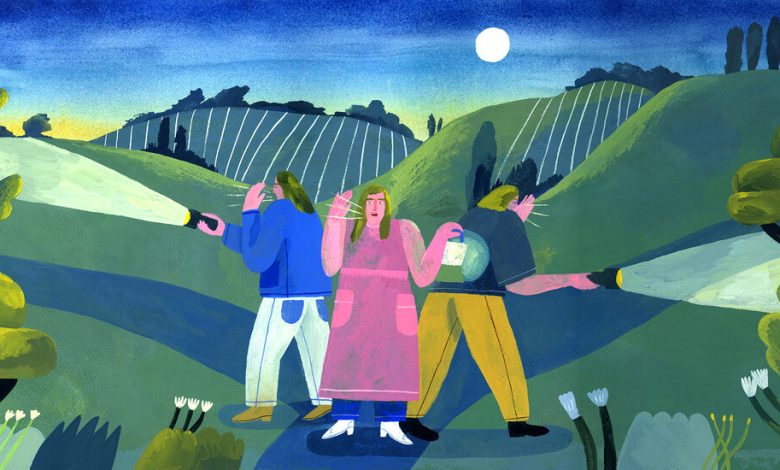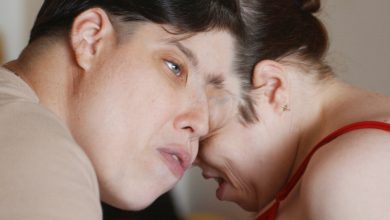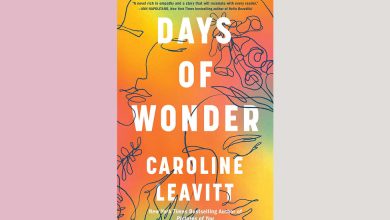A Tale of Four Troubled and Talented Sisters, Told With Irish Flair

THE ALTERNATIVES, by Caoilinn Hughes
Caoilinn Hughes’s exuberant third novel opens with Olwen Flattery, a geology professor, lecturing her undergraduate students about tectonic convergence. “Just imagine the force it would take to move a mountain! And we’re not talking about violent, sudden processes, like an earthquake shouldering up a mountain range. No. These forces are so incremental and immense, so imperceivable and unstoppable, that there’s no halting their progress.”
Soon, the reader is introduced to Olwen’s younger sisters, all in their 30s, without husbands but with Ph.D. degrees. Two decades earlier, they were orphaned when their parents wandered off a cliff on a stormy night. As it turns out, all four have become a force of sorts: Olwen, Maeve, Nell and Rhona — each one in motion at different speeds with different agendas and ambitions, each one “unstoppable” in a way.
Maeve is an Instagram-famous chef and author of a cookbook series who has recently become preoccupied with the food shortages produced by Brexit, and by the idea of enlisting her Bosnian mime roommate as a potential sperm donor. Nell is an adjunct philosophy professor in Connecticut who prefers a celibate lifestyle and the solace of frigid nocturnal swims to the companionship of others. Rhona is one of the world’s leading proponents of citizens’ assemblies, a professor of political science at Dublin’s Trinity College and a mother to a cheery 11-month-old baby. (“In fact, Leo was the result of two missed contraceptive pills, a night of MDMA and a moonlit sea, after a beach party at an electoral reform conference in Lisbon.”)
On a rainy evening, Olwen disappears, and it’s unclear whether she wants to be found or not. Months later, Rhona discovers Olwen’s coordinates and collects her scattered sisters for an adventure. As with any good Irish novel, there are familiar elements of alcoholism, mental illness, rural landscapes, adverse weather conditions and tumultuous family reunions. But to categorize this novel into a tidy box undermines the daring genius of its author.
Reminiscent of Ali Smith’s brilliant novel “Autumn,” Hughes’s prose is like a virtuosic jazz number — loose, free and surprising. Despite the boundless spirit of the narrative, her authorial command rarely wavers. Occasional digressions emerge in the secondary story lines and the expounding of political and philosophical ideas, but those spokes of thought often connect to the novel’s center, returning to the sisters as they each reconsider their own versions of home and family. At one point, there is a lengthy discussion of Heidegger and the notion that “care is what makes us human. … We’re borne of care, it’s an intractable phenomenon of being, our central way of understanding the self.” What is the difference between “taking care of” and “caring for”? And how do these beliefs apply to Olwen and her longing to disappear?





